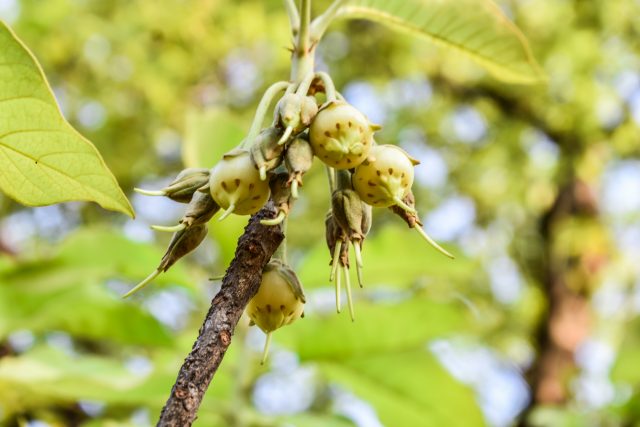This website uses cookies so that we can provide you with the best user experience possible. Cookie information is stored in your browser and performs functions such as recognising you when you return to our website and helping our team to understand which sections of the website you find most interesting and useful.
Is India’s ‘Mahua’ liquor due to become more widely available?
Flowers from an tree used by indigenous Indian tribes to make alcohol could soon become more widely used after recent regulatory relaxation.

The flower of Mahua, known as Madhuca longifolia or the Indian Butter Tree, has been the main component in Adivasi liquor and has, historically,been protected by restrictions. However, following the state of Maharashtra recently revising the Mumbai Mahua Flower Rules 1950, the collection, selling, and transport of mahua flowers has now become lawful for the first time.
For Indians, the mahua tree has been ritually preserved and has, as such, provided the nation with a source of income. Yet, it is predicted that, amidst the lifting of the strict regulations and colonial identification that has long protected it and kept it out of the mass alcohol market, the tree’s blossoms are set to become more widely used.
The tree itself grows primarily in India’s central and eastern plains and is the most well-known indigenous alcohol in the country as well as the world’s sole spirit produced from sweet blossoms.
For more than a century, the Adivasi community has relied upon the tree to create fermented pot-still purified spirit known as Mahua liquor. But, for years, getting Mahua to Indian consumers or further afield has been difficult due to the laws in place banning it, forcing it to be made in secrecy.
For instance, the Bihar Prohibition and Excise Act 2016 prohibited the production, possession, sale, or consumption of alcohol or intoxicants and even the country’s liquor ‘Mahua’ had been covered by the law. But times are changing and, despite the sale of Mahua having been governed by state excise legislation prohibiting the Adivasi community from selling any of the liquor it has produced, it is still made today.
Individuals in the community had become accustomed to being limited to creating just five litres for personal usage only and the prohibitions were strictly implemented.
During the British Raj in India from 1858 to 1947, colonists reportedly condemned Mahua as an intoxicating substance and regulations were tightened with the Mhowra Act of 1892 serving to limit its distillation and consumption which led to covert brewing and its near disappearance from circulation.
However, despite, Mahua continuing to be illegal in some states -including Bihar and Gujarat – the collection, sale and transport of Mahua flowers has now become relaxed for tribal communities.
The move is a bid to provide employment opportunities and empower tribals, according to reports from officials, highlighting how it has always been one of the best-protected authentic indigenous spirits in the East and its heritage and creation should be globally revered.

